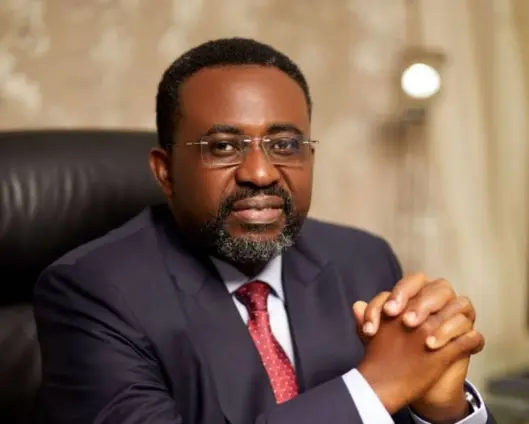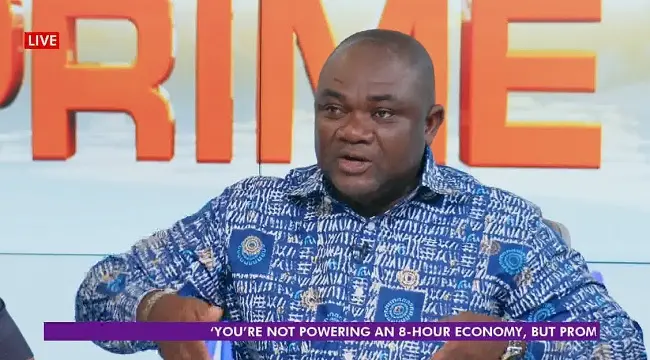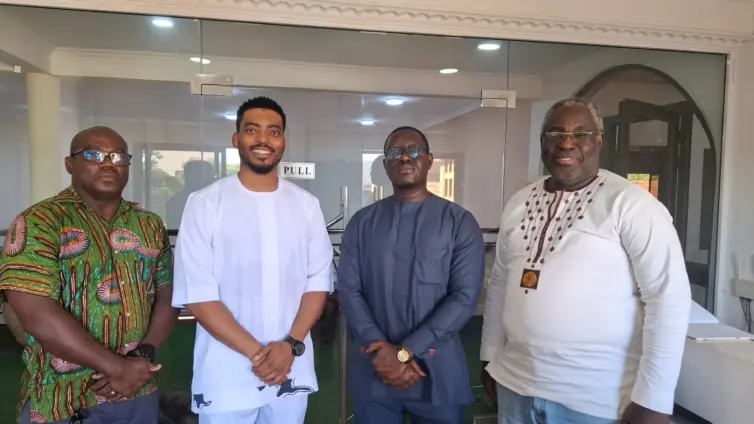Ghana’s oil production has faced a downturn, prompting the Ghana National Petroleum Corporation (GNPC) to launch a strategic “upstream reset” plan. At the Africa Energies Summit, Kwame Ntow Amoah, Acting CEO of GNPC, articulated this vision, detailing key initiatives designed to reverse the decline and cultivate sustainable growth in Ghana’s oil and gas sector. The upstream reset plan, directly anchored on innovation and collaboration, aims to halt production decline, sustain output, and optimize resource use. The plan seeks to revitalize Ghana’s oil and gas industry.
A recent analysis of Ghana’s oil production shows a significant decrease from a peak of 195,750 barrels per day (bopd) in 2019 to approximately 110,500 bopd in recent years. This shortfall is attributed to falling field productivity, limited exploration activities, and fiscal policy challenges. The decline underscores the urgency of GNPC’s strategic response to address these issues and revitalize the sector.
“Achieving sustainable growth in Ghana’s oil and gas sector requires bold thinking and a willingness to embrace innovation,” said Kwame Ntow Amoah, Acting CEO, GNPC, emphasizing the necessity to move beyond traditional methods and adopt a data-driven, technologically advanced approach. This perspective highlights the core philosophy driving the upstream reset initiative.
GNPC’s strategic response is deeply rooted in innovation and technology. The corporation is committed to deploying advanced technologies, including Artificial Intelligence (AI), to guide investment in exploration and production. These digital tools are intended to enhance reservoir management, optimize drilling processes, and improve seismic data acquisition. By leveraging technology, GNPC aims to unlock new opportunities and maximize the efficiency of existing operations.
These efforts include the adoption of 4D seismic and Ocean Bottom Node (OBN) technologies, which provide higher-resolution subsurface data. Additionally, GNPC is exploring non-seismic options such as satellite imagery and Airborne Transient Pulse surveys to mitigate exploration risk, particularly in the Voltaian Basin. These technologies are critical for responsibly unlocking Ghana’s hydrocarbon potential, as emphasized by Mr. Amoah at the Africa Energies Summit.
The success of GNPC’s plan hinges on creating an investor-friendly environment. Stable, transparent, and investor-friendly policies are essential to attract new entrants into Ghana’s oil and gas sector. Addressing the perceived risks associated with frequent regulatory changes is crucial for securing investment and fostering long-term growth. This commitment to policy stability will signal to the international community that Ghana is a reliable and attractive destination for energy investment.
Promoting greater collaboration between local and international oil companies, service providers, and technology innovators is also a key component of the strategy. Encouraging joint operator projects and the integration of marginal fields into shared developments can reduce costs and improve resource utilization. According to Mr. Amoah, GNPC is committed to playing a central role under the President’s vision of transforming the Corporation into a center of excellence in Africa.
Beyond immediate recovery efforts, GNPC is focusing on long-term sustainability, responsible environmental practices, and social accountability. This includes aligning with global trends in decarbonization and cleaner energy initiatives. “Resetting our upstream agenda is not just about boosting production—it’s about building a more resilient and sustainable energy future for Ghana,” Kwame Ntow Amoah, Acting CEO, GNPC, noted, emphasizing the importance of a holistic approach.
In conclusion, GNPC’s “upstream reset” plan, as presented by CEO Kwame Ntow Amoah, offers a comprehensive strategy to revitalize Ghana’s oil and gas sector. Through innovation, advanced technologies, and collaborative partnerships, GNPC intends to reverse production decline and build a sustainable energy future. The plan reflects a commitment to responsible resource management, positioning Ghana as a significant player in the African energy landscape. Stakeholders are encouraged to support GNPC’s mission to responsibly unlock Ghana’s hydrocarbon potential and contribute to a balanced energy future, combining development with sustainability. According to the Minister of Energy and Green Transition, this vision aligns with the national agenda. What are your thoughts on GNPC’s new upstream strategy? Let us know in the comments below.
Image Source: MYJOYONLINE





















